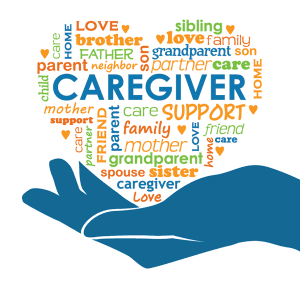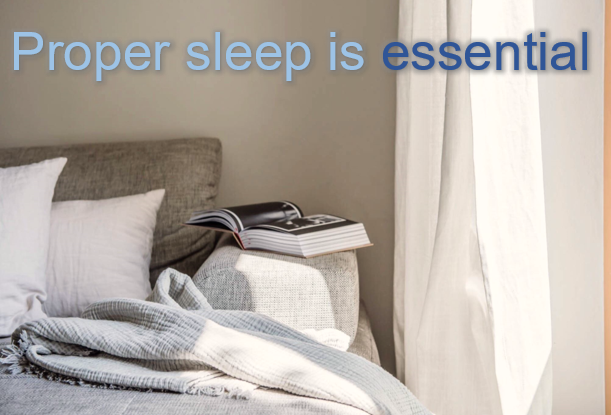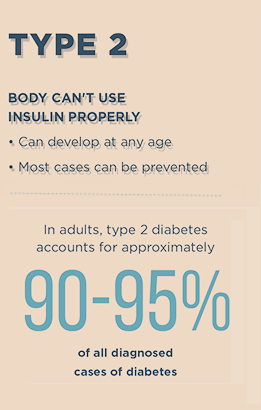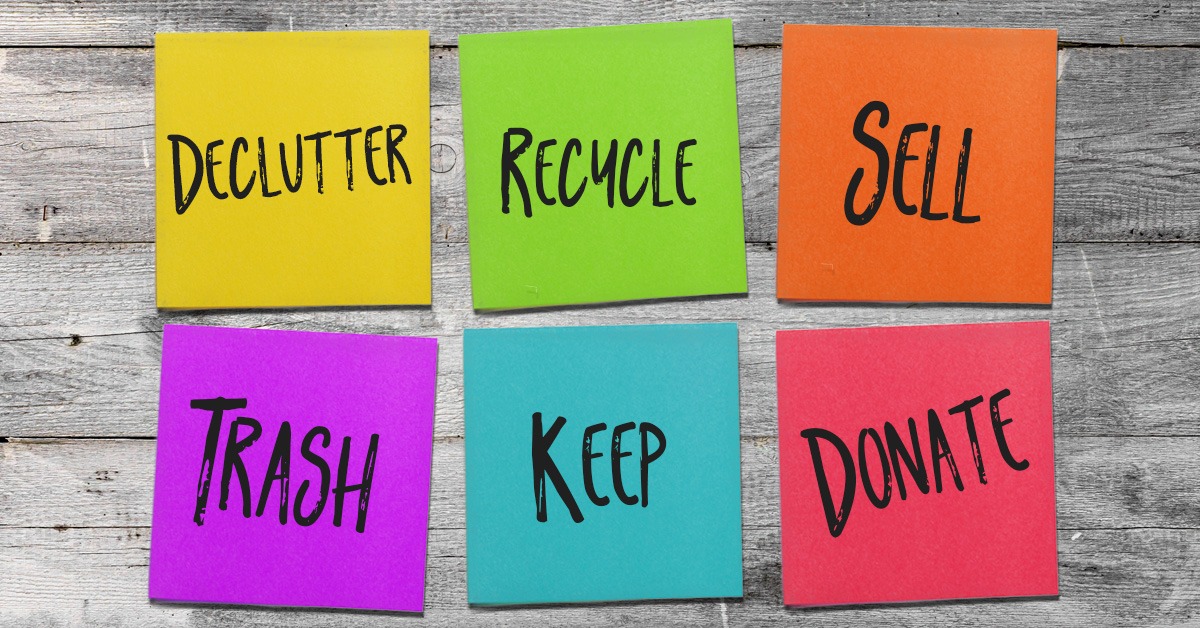
There are 8 dimensions of wellness. Click on the dimension image to view helpful resources and tips.*
*Disclaimer: These links are being provided as a convenience and for informational purposes only; they do not constitute an endorsement or an approval by the New Mt. Olive Baptist Church of any of the products, services or opinions of the corporation or organization or individual. The New Mt. Olive Baptist Church bears no responsibility for the accuracy, legality or content of the external site or for that of subsequent links. Contact the external site for answers to questions regarding its content.

There are over 53 million Americans who are unpaid caregivers to family, friends, and neighbors. Being a family caregiver is difficult in the best of circumstances. The stress and challenges of the role can have a huge impact on a caregiver's mental health, leading to them experiencing depression, post-traumatic stress disorder, alcohol and drug addiction, and anxiety. It is important for caregivers to also take care of their own health.
Caregiver burnout is a very real risk, and often not recognized by caregivers themselves. The following signs may be subtle, but should be heeded:
Here are some tips to help combat caregiver stress:
If you are a caregiver or know a caregiver that may be struggling with their own mental health, click here to visit the Mental Health America website to take free, anonymous, and confidential screenings.
Click here to download the Complete Guide to Dementia for Caregivers provided by Senior Lifestyle.
References:
Mental Health America https://www.mhanational.org/national-family-caregivers-month
Senior Lifestyle https://www.seniorlifestyle.com/resources/blog/taking-care-caregivers-appreciation-month/
Online screening is a quick and easy way to determine if an individual is experiencing symptoms of a mental health condition. After the screening, you will be provided with information and tools to help you improve your mental health.
Please note an online screening does not serve as a substitute for seeing a qualified physician. You should consult with a mental health provider for a complete assessment and talk about your options to feeling better.
Social connections can influence our biology and well-being and might help protect health and lengthen life. Scientists are finding that our links to others can have powerful effects on our health - both emotionally and physically.
Here are some opportunities to positively strengthen your emotional well-being through social connections:
Whether you need a little time to yourself to unwind or want to keep your mind sharp, try one of these free online puzzle games:
Intellectual wellness is the opposite of boredom and brain atrophy — by continually learning, you're keeping your brain fresh and spry.
Here are some new skills or knowledge you can consider taking up:

Part of intellectual health is being able to speak clearly to others, especially when you're trying to understand each other or resolve a conflict. When you maintain intellectual wellness, you’re more connected to your thoughts and you have a heightened ability to think critically.
This makes you more open to new ideas and perspectives and allows you to better express your own thoughts and feelings more succinctly.
This poster gives you some good guidelines to follow to have healthy and clear communications with others and resovle conflicts when they arise.

Sleep allows your body and mind to recharge, leaving you refreshed and alert when you wake up. Without enough sleep, you impair your abilities to concentrate, think clearly, process memories, and even stave off diseases. The right amount of sleep largely depends on your age. Click here to see the National Sleep Foundation recommendations by age group.
Work schedules, day-to-day stressors, a disruptive bedroom environment, and medical conditions can prevent us from receiving enough sleep. Improving your sleeping habits is essential to improving your overall health. Here are some ways you can improve your sleeping habits:
References: SleepFoundation.org https://www.sleepfoundation.org/articles/why-do-we-need-sleep

Prediabetes is when your blood glucose (sugar) levels are higher than normal, but not high enough to be diagnosed as diabetes. Prediabetes can lead to heart disease, stroke, and type 2 diabetes (the most common form of diabetes). Prediabetes can often be reversed. You can get type 2 diabetes at any age, but you are at higher risk if you are 45 years of age or older, overweight, have a family history of diabetes, are not physically active, or are a woman who had diabetes while pregnant (gestational diabetes).
If you want to learn more about the basics of diabetes and prediabetes, Click here to visit the CDC's Diabetes website. Be sure to speak with your doctor if you have any concerns.
References: U.S. Department of Health & Human Services Centers for Disease Control and Prevention https://www.cdc.gov/diabetes/prevention/about-prediabetes.html
Epilepsy is a condition of the brain causing seizures. A seizure is a disruption of the electrical communication between neurons (cells that transmit nerve impulses). The seizures in epilepsy may be related to a brain injury, genetics, immune, brain structure or metabolic cause, but most of the time the cause is unknown. A person is usually diagnosed with epilepsy after they have had at least two seizures (or after one seizure with a high risk for more) that were not caused by some known medical condition.
For most seizures, basic seizure first aid is all that is needed:
If you have been diagnosed with epilepsy, talk with your doctor and devise your seizure action plan to share with your loved ones so they may know what to do in the event you have a seizure. Click here to download a General Seizure Action Plan template provided by the Epilepsy Foundation.
References: Epilepsy Foundation https://www.epilepsy.com/learn/about-epilepsy-basics

Summer is here and so are high temperatures!
When temperatures are extremely high, take steps to protect yourself and your loved ones:
For more information, visit the Centers for Disease Control and Prevention (CDC) Extreme Heat Environmental Health Media Toolkit website

There are several benefits of gardening:
Click here for a beginner's guide to growing a vegetable garden
If you don't think you have a green thumb, start off small, for example growing herbs like basil, oregano, and mint in small pots indoors.

One easy way to improve your environmental wellness is to declutter your spaces. It adds extra time to your days to spend on what matters decreasing time to clean and look for what you need. When your living and office spaces are easier to maintain and manage, you'll likely feel happier and enjoy your time in the spaces.
Here are some simple helpful tips to help you declutter your spaces.
References: "8 Easy Steps to a More Organized Home" AARP article (https://www.aarp.org/home-family/your-home/info-2021/simple-decluttering-and-organization-tips.html)

NapkinFinance.com is a great online tool to introduce yourself to important financial topics. They provide quick and easy resources on everything you need to know about money in 30 seconds or less. Their mission is to empower visitors to manage their money and understand basic financial concepts in a simple, fun and engaging way. Their wide array of topics include investing, Money 101, and Michelle Obama's course on higher education.
Click here to access the NapkinFinance.com website.

If you are looking for new employment, want to connect with others in your field, or build your skillset, consider joining LinkedIn.
LinkedIn is the world's largest professional network online. Your LinkedIn profile can help you connect with opportunities by showcasing your unique professional story through experience, skills, and education.
You can join for free with a basic membership with all of these features. Paid subscription is availble if you want to gain further access to LinkedIn's marketing, recruitment, sales, and learning products. You can try LinkedIn premium for free for one month.
Improving your ability to manage time can boost the quality of your work and increase your productivity. This can, in turn, make you more valuable to your employer and create new opportunities for career advancement. Learning about a variety of different strategies for better managing your time can help you determine which will work best for you. Click here to read the article by Indeed of 20 Time Management Tips for Professionals
6 Strategies for Improving Your Social Health
From the time you're born, your relationships help you learn to navigate the world. You learn how to interact with others, express yourself, conduct everyday health habits, and be a part of different communities from those around you. Positive social habits can help you build support systems and stay healthier mentally and physically.
Click here to access a Social Wellness Checklist provided by the National Institutes of Health (NIH)
References: National Institutes of Health website (https://www.nih.gov/health-information/social-wellness-toolkit)
Start A Family Game Night
Return to the good, old-fashion fun of playing games and solving jigsaw puzzles with your family! Having a family game night will not only promote family bonding opportunities, but has the added bonus of helping reduce stress, improve collaboration, cooperation, memory and concentration, and enhance spatial skills.
To ensure you reap the brain benefits of playing games, make sure it is challenging for you and something that you enjoy. The more you play, the stronger the effect it will have on your brain functions, especially for seniors.